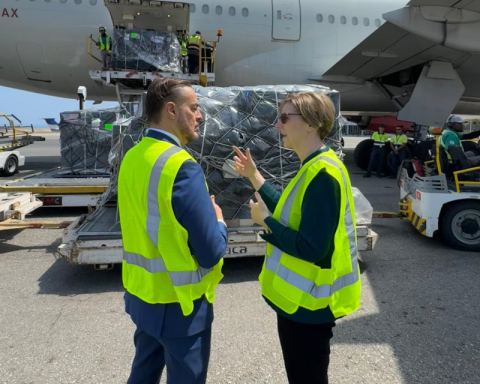The figure remains lower than the early September forecast of Finance Minister Rogelio Ramírez de la O, who estimated GDP growth of 2.4% in 2022.
JP Morgan attributed the change to rising output from Mexico’s vast manufacturing sector, according to trade data for August. The key sector is supported by a huge automobile production and assembly industry.
“The main source of uncertainty was manufacturing, where we had seen mixed signals among the available August data,” he said, noting that factory shipments had actually improved slightly, adding to a small gain in July.
Analysts noted that while factory output may have risen in the third quarter, forward-looking data has “noticeably deteriorated” and they expect factory output to eventually slow.
“We think the economy will slow as strong wage-driven private consumption is offset by rising imports and declining external demand,” he said.
Although growth is holding up better than expected, JP Morgan said this could lead to eventual imbalances in external accounts, such as the trade deficit.
The National Institute of Statistics and Geography of Mexico (INEGI) reported on Tuesday a seasonally adjusted trade deficit for August of 3.6 billion dollars, compared to the negative balance of 4.4 billion dollars issued in July.

















